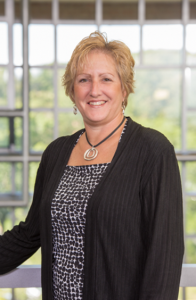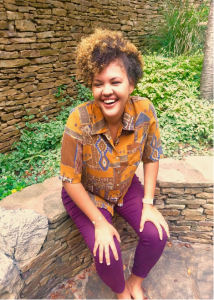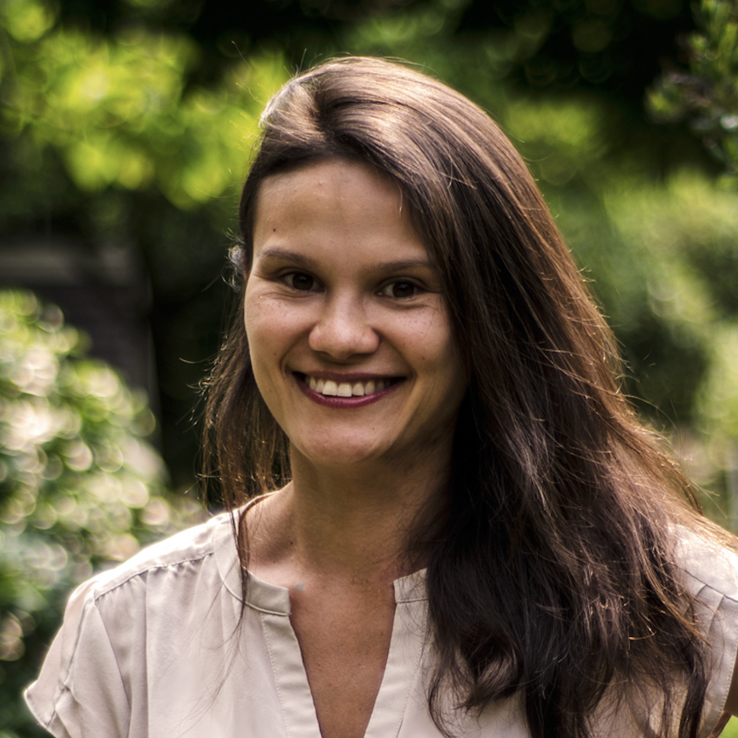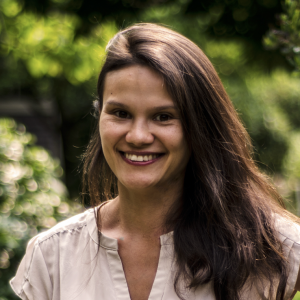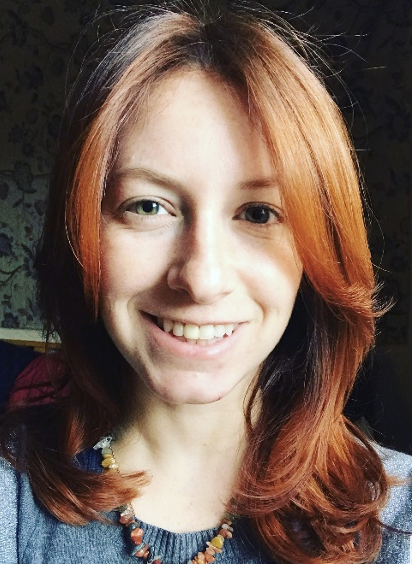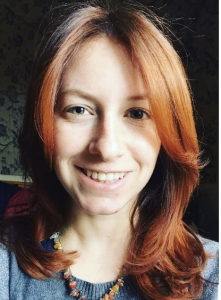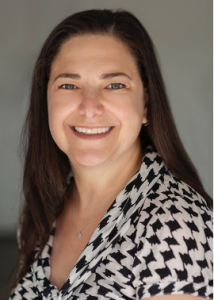
Jessica Setnick, MS, RD, CEDRD-S, founder of EatingDisorderJobs.com, the International Federation of Eating Disorders and much more. Jessica teaches Eating Disorders Bootcamp and strives to teach health professionals how to properly help those with eating disorders.
What is your current position?
I work for myself and love it. My mission is to educate current and future health professionals how to identify, assess, help and refer individuals with eating disorders in their care. I also hope to change the way the eating disorder field treats individuals with eating issues and work against the stereotypes that prevent people in need from accessing treatment. In this branch of my career, I teach Eating Disorders Boot Camp and have written The Eating Disorders Clinical Pocket Guide, The Academy of Nutrition and Dietetics Pocket Guide to Eating Disorders and continue to provide private trainings to hospitals and other treatment teams. I provide presentations related to eating disorders to college students, primary care health professionals and eating disorder specialists, particularly dietitians. I also coach dietitians through their challenging patient care and professional situations, and supervise dietitians who are working toward their Eating Disorder Specialist Certification. And I run a non-profit, the International Federation of Eating Disorder Dietitians that brings together eating disorder dietitians and future dietitians for community, collaboration and advocacy.
How did you get started in your career?
My first job was in a children’s hospital that was starting an eating disorder program. I was assigned half-time to the psychiatry service, where the eating disorder program was based, and half-time to the endocrinology service, and eventually moved full-time into the eating disorder program. It was an amazing learning experience, but I left two years later for private practice when I realized that the program was never going to run to the level of excellence I expected. I practiced for 13 wonderful years, during which time I started teaching Eating Disorders Boot Camp and presenting at conferences. I closed my practice to focus my attention on education and training, and worked as a spokesperson for several eating disorder treatment programs. In 2016, I decided it was time to go back to work for myself.
What advice would you give to someone new to the field?
Every job is an opportunity to learn – even if what you learn is you don’t want to work there anymore. In other words, take what you can from each job, nothing is beneath you, but know that when you go out on your own, you don’thave to do things the way others do. Remember the things that infuriate you so you don’t recreate those situations later. Take risks and try not to let your worry of what others think hold you back. Apply for any job that
interests you, even if you don’t have the requested years of experience. Sometimes enthusiasm overrides those requirements. And please, please, please find someone you can talk to about your own issues, history and internal reactions. Whether it’s a professional supervisor, therapist, professional support group, or someone in your personal support system, it’s so crucial to your mental health to have a safe place to vent and explore your personal reactions to what you’re experiencing at work.
You can find more about Jessica at:
Website: https://www.understandingnutrition.com
Instagram: @understandingnutrition


